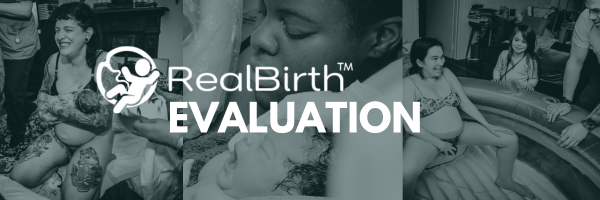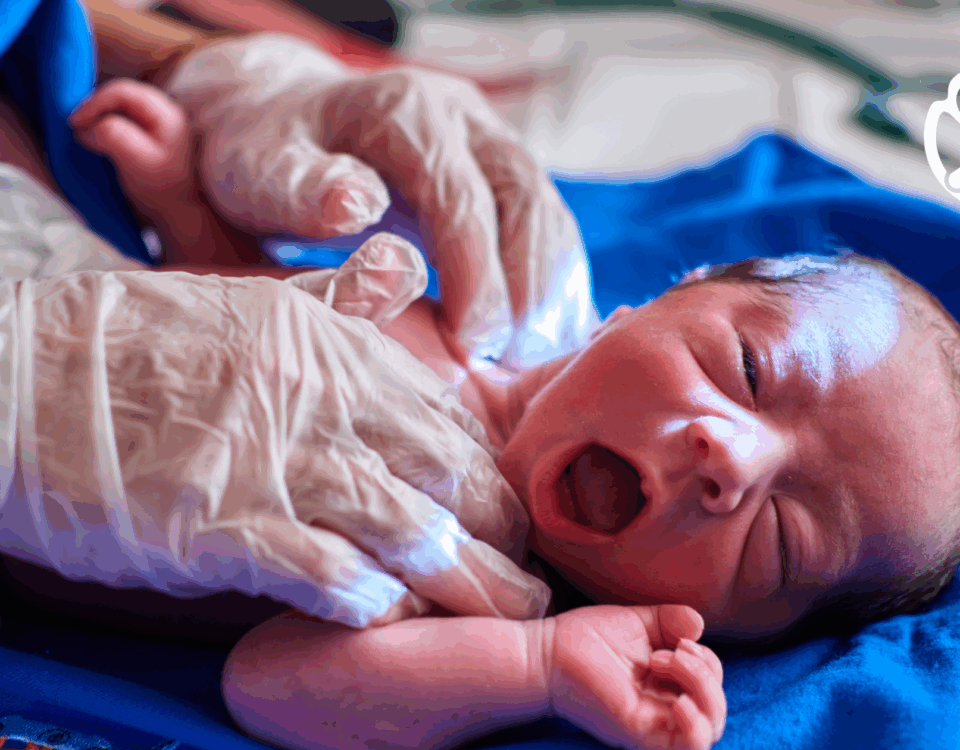
New Caesarean Birth Module Release
12 January 2023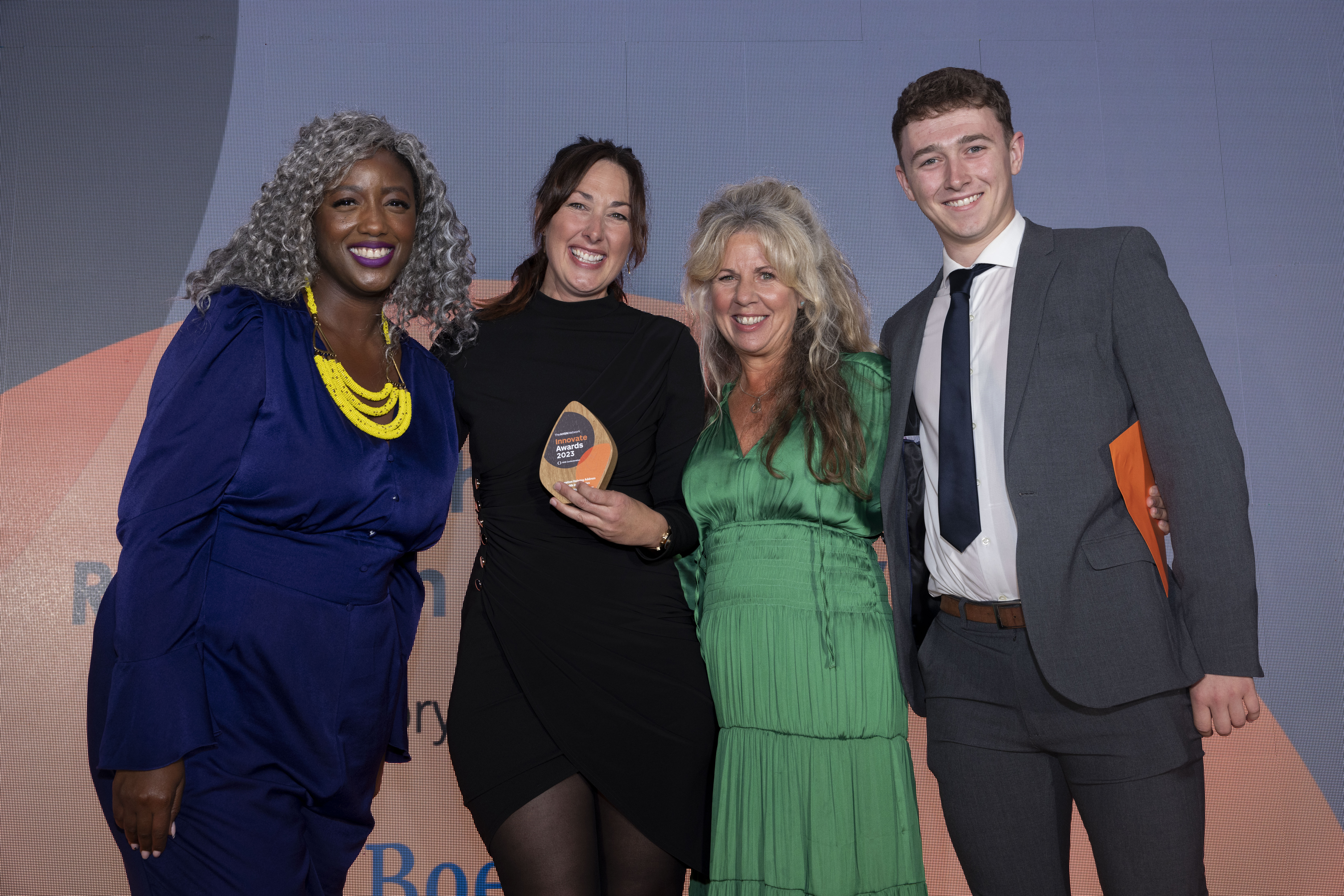
Innovate Awards 2023
9 October 2023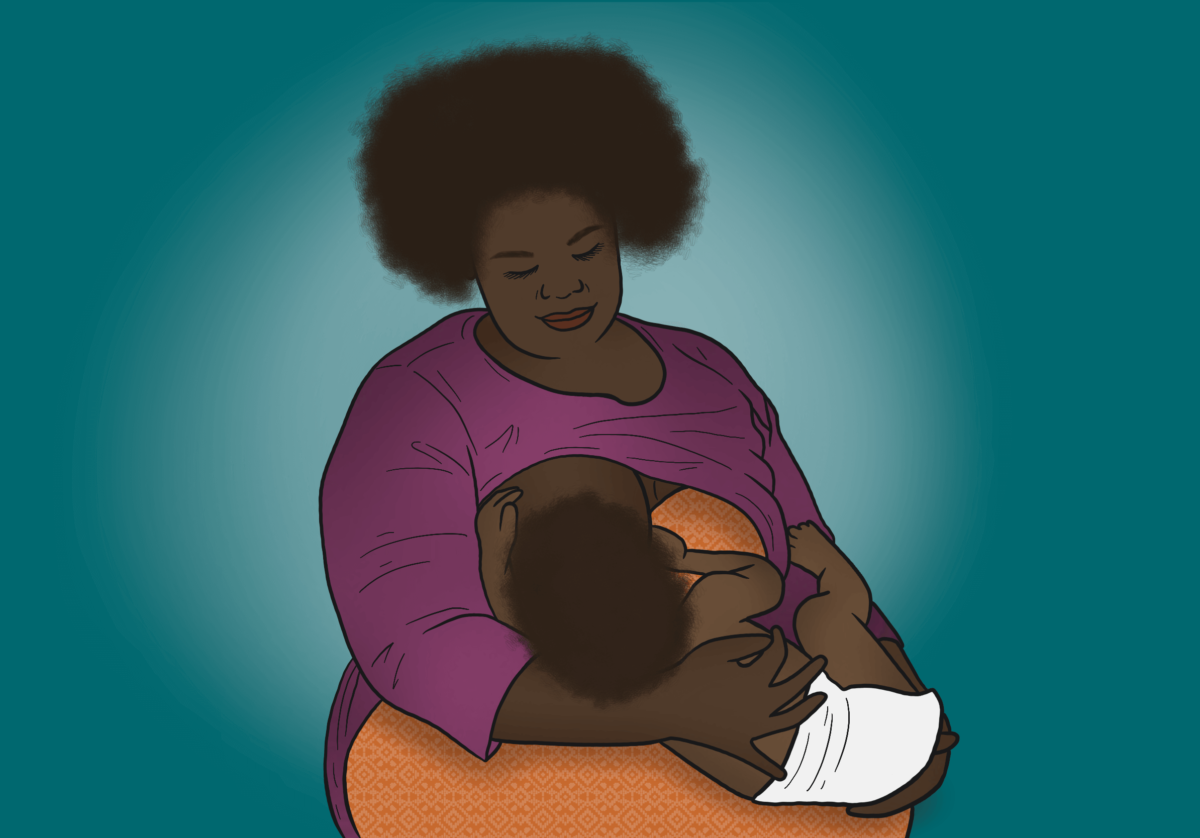
National Breastfeeding month is celebrated each year throughout the month of August. Its aim is to raise awareness, promote the importance of breastfeeding and to participate in the action and conversation needed to bring about positive change in overcoming potential barriers to breastfeeding success. The Campaign has been running since the 1990’s and is supported by the World Health Organisation (WHO) and UNICEF.
In events all around the world this month people are celebrating the amazing benefits of chest/breastfeeding and human milk – and it’s not just babies that benefit from breastfeeding. Breastfeeding mothers reduce their lifetime risk of developing certain reproductive cancers such as breast and ovarian cancer, heart disease and type 2 diabetes.
Breastfeeding is essential for child survival and health. Breastmilk is the optimal source of nutrition for all babies with significant physiological, psychological and immunological health benefits for both mums and their babies.

For babies, breastfeeding is associated with reduced risk of:
- Various infectious diseases
- Ear infections
- Gastro-intestinal infections
- NEC (Necrotising Enterocolitis)
- SIDS (Sudden Infant Death Syndrome)
- Diabetes
- Obesity
- Asthma
- Allergies
For mothers, breastfeeding is associated with reduce risk of:
- Bleeding after birth
- Closely spaced pregnancies and the associated risks
- Heart disease
- Ovarian and breast cancer
- Type 2 Diabetes
- Osteoporosis
Breastfed children perform better on intelligence tests and are less likely to be overweight or obese in later life.

The breastfeeding benefits for mothers are also well documented with both short and long term effects. Breastfeeding helps release the hormone oxytocin which helps the uterus return to its pre-pregnancy size, which reduces the chance of heavy bleeding and postpartum haemorrhage (PPH) after birth. Oxytocin also plays an essential role in bonding with your baby, and creating a safe, loving and secure relationship reducing the incidence of postnatal mental illness. The continued benefits of breastfeeding include reducing the risk of certain types of cancers, blood pressure issues, heart disease and diabetes.
Breast milk provides the energy and the perfect mix of key nutrients babies need to thrive for optimal growth and development. It contains natural antibodies to boost their immune system, protecting them against common childhood infectious diseases such as ear infections and tummy bugs, and a condition known as NEC or Necrotising Enterocolitis (a serious bowel condition that can affect newborn babies, particularly those born prematurely), and may protect them from life long chronic conditions such as diabetes and obesity. Breastfeeding is also a known protective factor against Sudden Infant Death Syndrome (SIDS) which affects 168 babies and young children every year in the UK (Lullaby Trust).
The WHO recommend the following:
- Early initiation of breastfeeding within the first hour after birth
- Excusive breastfeeding for the first 6 months
- Continued breastfeeding along with introducing complementary foods for up to two years or longer
In 2016 researchers estimated that breastfeeding as recommended by the WHO, would prevent >820,000 child deaths, and 20,000 maternal deaths a year, and save $300 billion annually in reduced healthcare costs and improved economic outcomes for those nurtured by an exclusive human milk diet, globally.
Babies who are not breastfed are 14 times more likely to die before their first birthday, than babies who are exclusively breastfed.
Black breastfeeding as a public health issue
Although breastfeeding initiation rates have increased in recent years, racial and ethnic disparities in breastfeeding still persist today.
Breastfeeding is a proven strategy for protecting mothers and their infants from chronic and acute conditions and is known to build a strong foundation for lifelong health and wellness. However, numerous reports confirm that black communities continue to experience the highest rate of poor outcomes for maternal and infant health, including higher incidence of preterm birth, low birth weight, maternal mortality and morbidity, infant morbidity and significantly lower breastfeeding rates.
Due to the significant health benefits breastfeeding provides, breastfeeding has the potential to save lives – particularly the lives of the most vulnerable babies. Given that across the world black babies are dying at twice the rate of white babies due to being born too early, too small and too sick, action urgently needs to be taken to promote and increase the rates of black breastfeeding. According to the CDC, increasing breastfeeding among black women could decrease infant mortality rates by as much as 50%! Receiving human milk provides the best possible start in life.
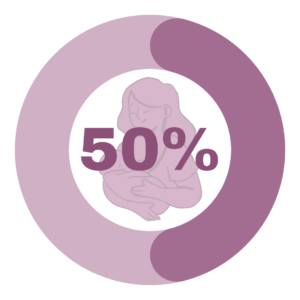
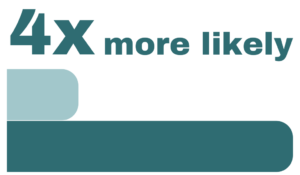
Due to the significant health benefits breastfeeding provides, breastfeeding has the potential to save lives – particularly the lives of the most vulnerable babies. Given that across the world black babies are dying at twice the rate of white babies due to being born too early, too small and too sick, action urgently needs to be taken to promote and increase the rates of black breastfeeding. According to the CDC, increasing breastfeeding among black women could decrease infant mortality rates by as much as 50%! Receiving human milk provides the best possible start in life.
Breastfeeding is an essential part of women’s reproductive health. Yet until recent years, breastfeeding has rarely been seen as a women’s health, reproductive health, or public health strategy to address or reduce maternal and infant mortality and morbidity.
Not only have we acknowledged that health disparities exist within our maternity systems, the COVID-19 pandemic has exacerbated these pre-existing inequalities, further impacting black communities and putting black families even more at risk.
The pandemic fundamentally changed the way services operated and were provided, and 3 years on many services have not returned to how they once were. With staffing levels decimated, services were limited or stopped completely and access to much needed support was reduced. Antenatal education was restricted, community resources were impacted, and many appointments and services were moved to online platforms leaving a lack of face to face support.
The situation has done nothing to support the lives of the most vulnerable individuals in our maternity services and has further perpetuated the known health inequity.
Breastfeeding in the era of Black Lives Matter
As we learn more about the evidence surrounding Black mothers and babies and the obvious health inequity, the importance of black breastfeeding week becomes even more clear.
Attention and priority need to be given to improve breastfeeding rates within black communities. A multi-pronged approach is required on a familial, community and legislative level to help address these challenges.
In order to make impactful change we need to:
- Correctly identify and address the unique challenges and barriers black women and families face when breastfeeding or considering breastfeeding
- Eliminate the stigma
- Educate black communities about the importance of breastfeeding and breastmilk
- Increase support for black families
- Increase visibility
- Diversify the lactation workforce and research teams
- Improve breastfeeding rates (initiation and sustained) in black communities
- Normalise breastfeeding and education in the physiology of breastfeeding to gain black women’s confidence in their ability to breastfeed their babies
- Decolonise breastfeeding research and clinical practice
- Increase investment in community led and initiated projects and research
- Strengthen systems to overcome historical, societal, and social barriers to breastfeeding success.
The most popular and dominant narrative around black breastfeeding online and in the media focuses mainly around the ways in which black women don’t initiate or don’t breastfeed their babies at all. We are lacking stories and images and the voices which celebrate modern black breastfeeding. With a lack of role models and visibility, and a lack of representation within the lactation profession, it’s no wonder that many black women feel that breastfeeding ‘isn’t for them’. We need to work hard to increase visibility and representation to encourage more black women to breastfeed.
This is why it’s so refreshing to see the latest series of images on Instagram from international superstar, Rhianna. The pictures show her proudly breastfeeding her son as part of a campaign for a new set of maternity bras she has designed herself to combine being practical, comfortable and sexy. Thankfully, a growing number of black celebrities, such as Alicia Keys, Beyonce and Michelle Obama are speaking out about breastfeeding and their own experiences. This is a great start, but we need more.
“Whether we do it in our workplaces or in our child care facilities, breastfeeding is one of the ways to reduce the level of obesity in a child … The longer a mother can breastfeed, the better off a child will be on a whole range of health issues.”
– Michelle Obama

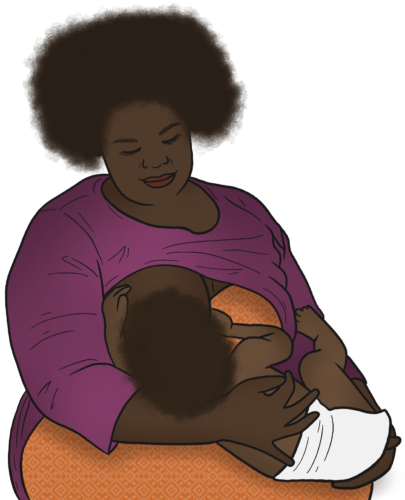
Black-led community efforts supporting local and national initiatives and maternity care practices that are supportive of breastfeeding have been effective in improving and increasing breastfeeding rates among black women. But more needs to be done to break down the systemic and structural barriers such as racism, bias, inequitable services, and access to lactation support.
We need to remember that progress is possible when breastfeeding is promoted, protected and supported. In order to meet the global breastfeeding targets for 2030, national and international efforts need to be accelerated to improve breastfeeding rates.
In the words of birth activist and educator, Mars Lord, “people can only make informed decisions when they have all of the information”. We owe it to our communities to ensure we have that information to give.
We must listen, trust, support and amplify the voices of black women to ensure they are heard, and to guarantee we are providing babies with the best possible start in life.

